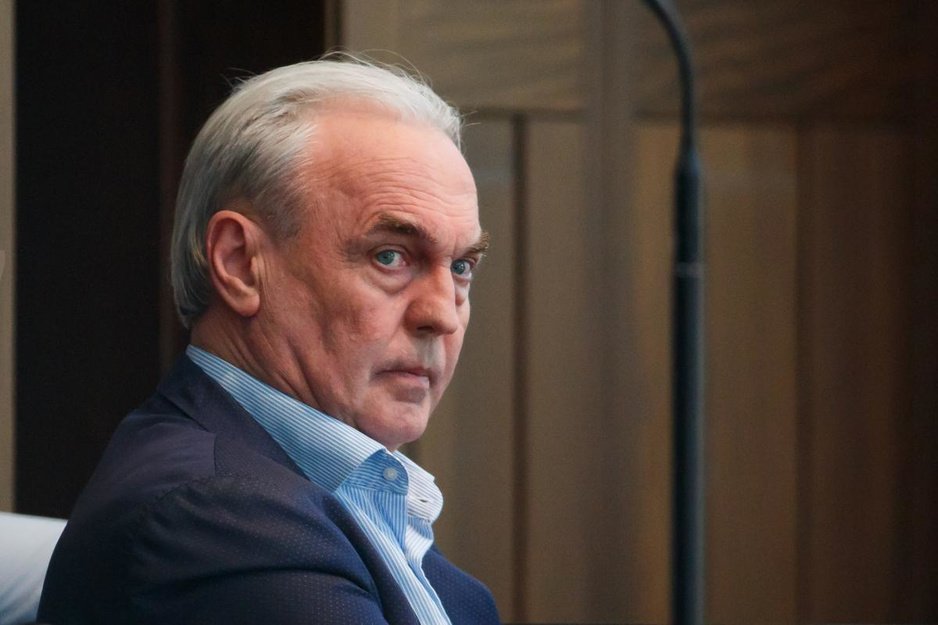A court in Bruges has sentenced a journalist for the Flemish news station VRT NWS to four months suspended for leaking a tape recording of material from a murder investigation.
The case goes back to the murder of Stijn Saelens in Wingene in West Flanders in January 2012. Saelens disappeared from his manor house, leaving behind signs of a struggle. His body was found in a shallow grave 18 days later.
By then, an investigation on presumption of murder had been opened, and Saelens’ father-in-law, the respected local doctor André Gyselbrecht was questioned, as was his son Peter.
In the end, Peter Gyselbrecht was ruled out as a suspect, while André was found guilty of ordering the murder and sentenced to 27 years, later reduced to 21 on appeal.
Other suspects in the murder were sentenced to prison terms of 27, 21 and 15 years.
During the investigation, journalist Bart Aerts obtained a tape recording from the case file which tended to suggest that the Gyselbrecht family had tried to influence the prosecution in Bruges. He used extracts from the recording in his reporting for the Terzake programme.
When questioned, Aerts took refuge behind Belgium’s shield law, which allows journalists to maintain the confidentiality of sources, even in the face of a court.
Finally the investigation revealed that the source of the material was none other than Peter Gyselbrecht. He and Aerts were charged with breaching the secret of the investigation – parties to the case (which Gyselbrecht still was at the time) have the right to inspect material in the file, but may not use that information other than in their own defence.
The indictment, and now the conviction of Aerts are likely not to be the end of the story.
Belgium’s constitution provides that a journalist accused of an offence committed in the course of their work has the right to be tried before a jury of their peers, regardless of the gravity of the offence.
The authors of the constitution adopted this clause as a means of maintaining the freedom of the press by making it difficult to use the courts to repress or persecute journalists, by leaving the decision on guilt or innocence to a citizen jury.
According to lawyer Jacques Englebert, a specialist in media law, another problem comes from the fact that Aerts himself did not remove any item from the case file. That was Peter Gyselbrecht’s responsibility. It follows, Englebert told the RTBF, that Aerts in fact broke no law.
Finally, his defence will argue that the sentence of four years, albeit suspended, is excessive given the circumstances. Aerts is considering an appeal. If he goes ahead as far as the European Court of Human Rights, he is certain on past history to win, and Belgium can expect yet another condemnation in press matters.
Meanwhile the VRT issued a statement of support for their reporter. “This ruling follows a search and seizure of a journalist who was asking questions about a socially relevant file," the VRT said.
“We stand behind our journalist and will support him if he appeals against this judgement.”
The organisation also made it clear the reporter in the case works for the central newsroom, and is not his namesake who works for the sports channel Sporza.

